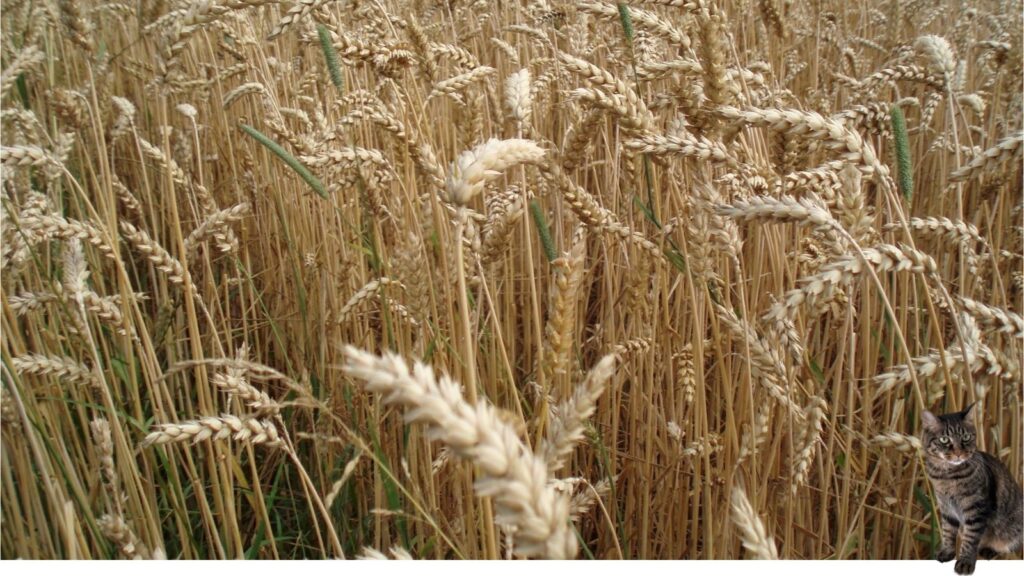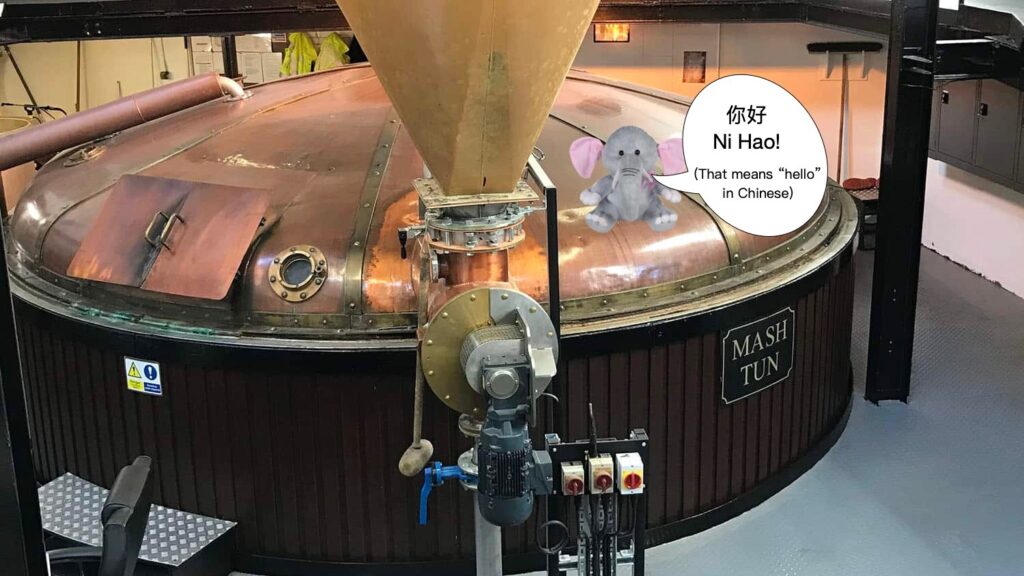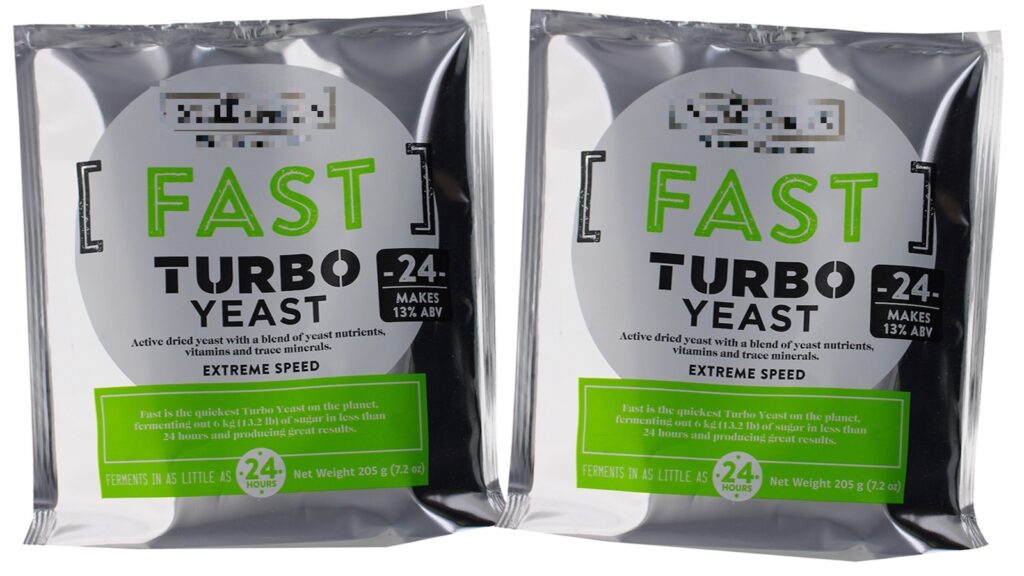Continuing on from our series of articles about the “feedback” we frequently get from the non-believers, this week we provide a brief overlook regarding our approach to mashing and fermenting and how this will be different from other types of whisky.
No One Will Buy Chinese Whisky – It’s Not Going to Taste the Same as Scotch!
One relentless critique that has been lobbed at us more than a few times is the comparison with Scotch; somehow, the fact that our whiskies won’t taste like Scotch is a bad thing.

We actually see the opportunity of creating something distinctly different as an exciting challenge. In fact, the vast majority of time and effort from our research and development sector, that will underpin our project, is to create a whisky in a completely distinct product category. This is similar to the way that Irish whiskey has some clear defining characteristics that make it different from Scotch. American whiskeys are distinct through the globally respected bourbon whiskey style. Wales also has its own character for whisky, led by our friends at Penderyn. English whisky too, now has it’s own style and approach.
We aim to do the same for China. Not only to say “hey look, China can make whisky too”, but to bring something unique to the table of global whisky producers and say “this is how we define it”.
Simply trying to copy what already happens in Scotland and to make a knock-off Scotch would undermine the potential of this project and demote it to more of a national embarrassment as opposed to the flag waving symbol of national pride that we believe Nine Rivers Distillery can be. The 200+ investors, at the time of this writing, did not rally together to make a copy; instead, we are eager to showcase our originality.
The Shared Characteristics
There are a few things that all whisky production shares, irrespective of the country it’s made in. There are some things all distilleries need, without exception:
First, good quality grains (remember, only single malt needs to be made from 100% malted barley – but other grains in the mash bill can make some really exciting and interesting whiskies – just look at some of the amazing whiskies coming out of the USA over the last couple of years!).

Second, good quality water. Scotch producers typically prefer to work with “soft water”, while a lot of American whiskies credit some of their quality to the use of “hard water”. Soft water is typically rain water or surface water with little or no dissolved minerals, while hard water typically comes from underground sources with dissolved minerals.
Where We Intend to Create Distinction
We did an article just over a year ago about barley and how we plan to use barley differently than most of the global whisky producers (if you missed it you can CLICK HERE to go back and read it). We have also announced our intention to build our own cooperage (if you missed that you can CLICK HERE to go back and read all about that).
Grains contribute to creating differences; this is best seen when comparing bourbons, as a different mash bill will create a different whisky, even with all other influences remaining the same.
Casks are believed to be responsible for 40-60% of the final flavour of whisky although, with some heavily seasoned casks, it’s easy to believe that the vast majority of the aromas and flavours derive from the previous use of the cask.
The Elephant in the Mash House
One thing almost no one is talking about in the whisky world, the real elephant in the room, is fermentation.

While no doubt most of the people reading this understand the basic end-to-end process of making whisky (malting grains, milling grains, mashing grains, fermenting, distilling, casking and then blending product before bottling), very few people look deeper at fermentation. The assumption is generally “it’s the bit where beer is made and it’s not important until it gets to the still”.
From a scientific perspective, fermentation is probably the most complex part of the entire process. Sure, a lot of whisky makers can kinda just wing it: Cook the high yielding GM grains, chuck in the yeast and come back when it stops bubbling. A lot of whisky makers aim for the quickest and cheapest fermentation possible. This means logging just 50-60 hours to get as much base alcohol as possible, with a few thousand generations on the same yeast culture purchased 10 years ago, to save money.

That type of logic makes sense if you’re making neutral grain spirit to be turned into vodka. When you’re taking alcohol off a column still at 95 or 96% ABV and the aim is for it to have absolutely no flavour or aromas, then there’s no need to care about fermentation. Cheap and quick is the order of the day.
But when crafting whisky with an intention to cask it at 55%-65% ABV, then the distillation process is actually creating a concentration of aromas and flavours that come from…Yes! You’ve guessed it…FERMENTATION!
We Ain’t Leaking ALL Our Secrets Yet……
While we’re not about to let all the cats out of the bag right now, we can at least reveal how we will do things differently.
Absolutely no 50 to 60 hour fermentations in our distillery. Aromas and flavours take time to develop. Just ask any brewer about the time it takes to make a really good beer; after all, the base of all whisky is essentially a type of beer.
Absolutely none of this mass market, industrial scale distillers yeast that will convert every single milligram of sugars in the mash into insanely high ABV wash. Sure, it’s about 80% cheaper than brewing yeast, but you get what you pay for.
Absolutely no rigid clock-driven fermentation process. Each batch will be ready for the next stage, when our Master Brewer decides it’s ready. Maybe it’s a week. Maybe it’s 2 weeks. Maybe it’s longer. It is what it is and that’s all there is to say.
Master Brewer?

Yeah, that’s another difference with our approach. While most distilleries build their brand around a “Master Distiller”, we think that’s little more than marketing fluff. It seems to be really popular as a title for startup distilleries. In fact, there’s currently over 5000 Master Distillers on LinkedIn right now (we just counted). We don’t have a Master Distiller and never will have.
Distilling is largely a predictable and routine process. Aside from deciding when to cut the heads and the tails, the rest of it is a case of sitting back on a chair. watching the world outside the window, or playing Candy Crush. Sure, there are highly skilled professionals in the whisky industry, but those skills are mostly science driven. There is science around (and crafting of) casks. There is science around fermentation. There is science around maturation. Then there are the people that normally understand a bit of all of this and have an exceptional sense of smell and taste. These people, we’d call them Master Blenders (although they have other names) and are normally the people that decide what’s going into a bottle.
Well, we have a Master Brewer and it’s likely we’ll introduce them to you all over the next few weeks.
Would You Like To Read More?
If you enjoyed reading this, and you would like to catch up with some of our past articles, then please CLICK HERE and go to our News Section, where most of our other content is published.
Follow Us
If you have enjoyed reading this and want to learn more about Nine Rivers Distillery, then use the QR Code below to follow our WeChat Official Account.
Fermenting

Alternatively, if you prefer Linked In then you can CLICK HERE to follow us.
Facebook users, you can CLICK HERE.
